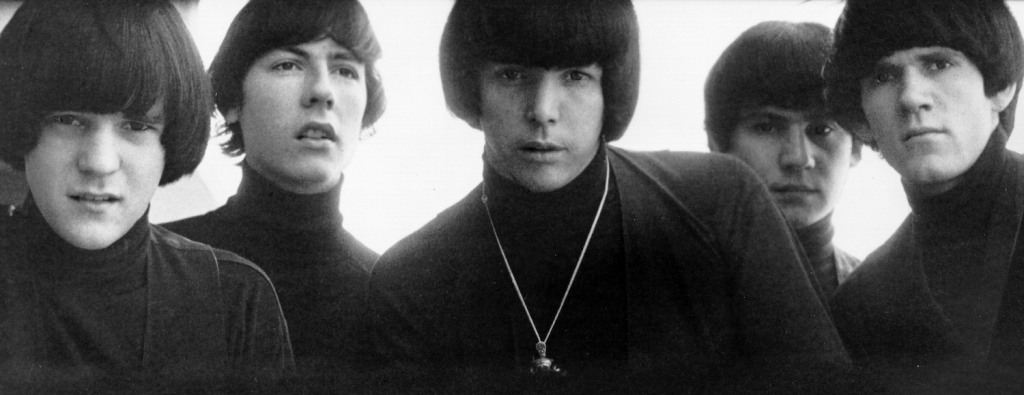Lo-fi legend Lou Barlow has played in three of the most influential indie bands of the last quarter century: Dinosaur Jr, Sebadoh and the Folk Implosion. And while he’s still recording and touring with the reunited Dinosaur (whose Farm was released this summer), his main concern these days is his solo career. Goodnight Unknown (Merge), Barlow’s second album under his own name and the follow-up to 2005’s Emoh, is his best collection of songs in a decade and features guests including Dale Crover (Melvins) and Lisa Germano. Barlow also recently joined Lara Meyerratken in Ben Lee’s new incarnation of Noise Addict, which released It Was Never About The Audience for free last month. Barlow (backed by the Missingmen) is opening for Dinosaur throughout October and part of November. As if that double duty wasn’t enough, Barlow will also be guest editing magnetmagazine.com all week. Read our Q&A with him.

Barlow: I’ve yet to successfully convince anyone that the Music Machine were the coolest band of the 1960s. And lord knows I’ve tried. How anyone can hear a song like “Wrong,” with the lyrics ‘Wrong, when you feel so much you’re right, it’s positively airtight, in the moment when the doubt is gone, you may decide that you’re wrong” and not be convinced—I don’t know. It makes me feel alone and cold and confused. This is music that is proto-everything: fast, full of wicked minor chord changes and, in its way, as unprecedented as Captain Beefheart or the Velvet Underground. In 1966, this band was as heavy as Black Sabbath, as nimble as the Who and weirder than anybody. They had a uniform: all black, dyed black Beatle bowl haircuts, one black glove, medallions. They had a hit single, “Talk Talk” (it sounds like post-punk), and played on American Bandstand. On their debut record, even the covers are amazing. They do a great version of one of the greatest Beatles songs, “Taxman.” Their originals are incredible, short and catchy. They were a pop band to the core, another group of folkies (like the Byrds) whose lives were changed by the Beatles—except the Music Machine took it as holy mandate to blow everyone’s minds, not in a hippy, pre-psych way, but in a “get a load of this, motherfuckers” kind of way. Dinosaur’s sound engineer Noel saw the Music Machine play in Houston in ’67. He says they were “beyond awesome.” Why is the world still resisting this band? (Sure, there’s the requisite reissues but … ) Maybe it was singer/mastermind Sean Bonniwell; maybe his authoritative baritone scares people off, maybe it’s his lyrics (off-the-cuff self-examinations using unlikely, very un-rock ‘n’ roll, words like “gumption”). Maybe they played too well, were too well-recorded. Maybe it just annoys people. Maybe it’s me; the music speaks to an essence of my personality that alienates others. I just don’t know. The only time I’ve ever seen anyone mention this band as a favorite was in a “hipster on the street” feature in a lifestyle mag, a brief interview with a kid who looked like he was in the Horrors: “Music: The Birthday Party, the Music Machine.” The first thing I did the first time I “surfed the web” was find a site devoted to the Music Machine. It had Sean Bonniwell’s email address. I told him about the lengthy sample of “Come On In” (b-side to Music Machine’s “Talk Talk”) on Cypress Hill’s debut album. He responded, in effect, that rap was the devil’s music. Our correspondence ended soon after.






One reply on “Lou Barlow’s Good Things: The Music Machine’s “Turn On””
Alice Cooper covered “Talk Talk” on Flush The Fashion which was pretty good but really doesn’t compare to MM’s. Like Lou said those guy’s were proto-everything and they sound as fresh and heavy as they did in the late sixties.